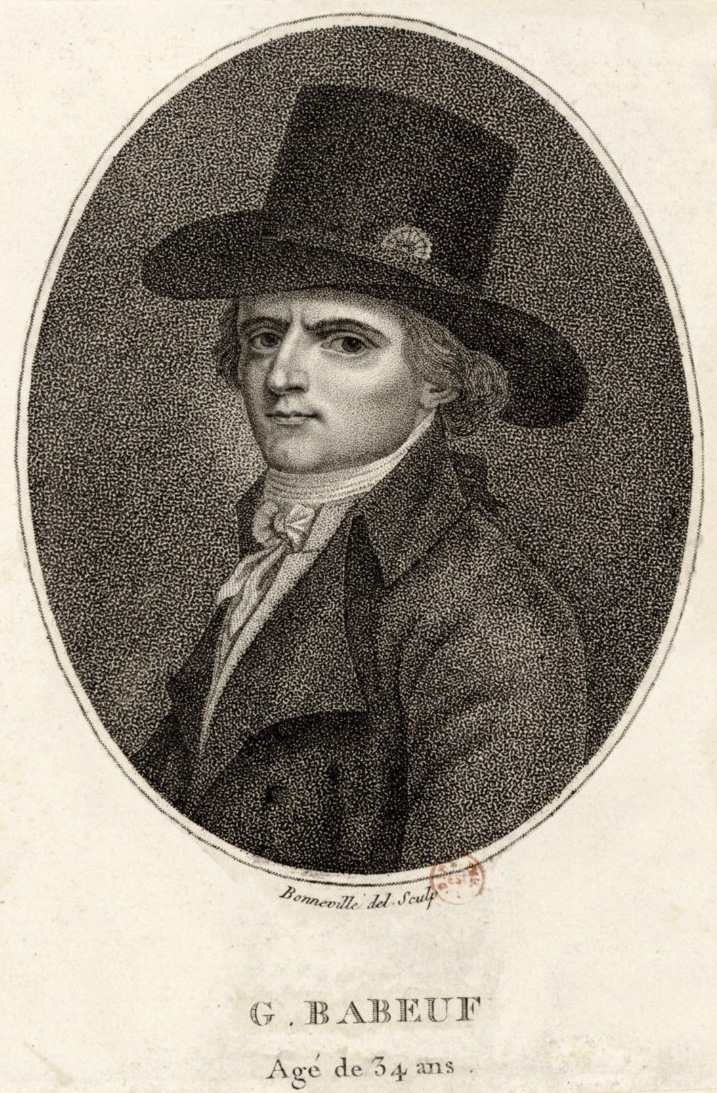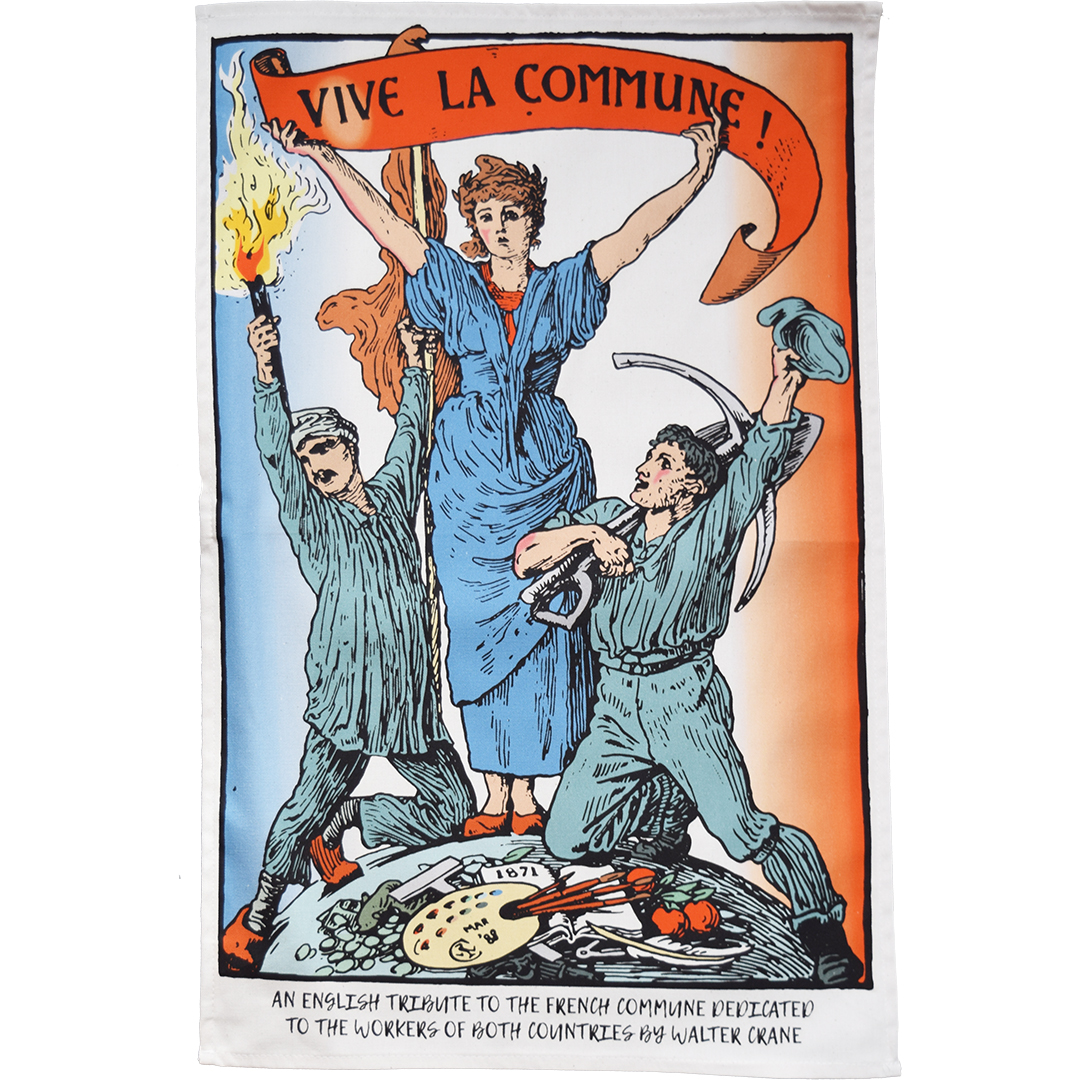We use cookies to make your shopping experience better. By using our website, you're agreeing to the collection of data as described in our Privacy Policy.
Too Radical for the Radicals: The Life of François-Noël Babeuf
The man who was killed for trying to make the French Revolution even more radical...
“The right of man to private property is the right to enjoy one’s property and to dispose of it at one’s discretion, without regard to other men, independently of society, the right of self-interest. It makes every man see in other men not the realisation of his own freedom, but the barrier to it.” – Karl Marx
For Karl Marx, this was the great shortcoming of the French Revolution.
Whilst it had done a good job of overthrowing the feudal aristocracy, it had only replaced them with the rule of property.
Political emancipation had been achieved, but social or ‘human’ emancipation was still left to be done.
Marx believed that no revolution was complete without properly addressing inequality and its causes.
Click to view our Karl Marx tea towel
For Marx, this judgement of the French Revolution was historical, but there were those making the same criticism in the heat of the moment.
One of the most famous was François-Noël Babeuf, from Saint-Quentin.
Raised in poverty, Babeuf found work in his 20s as a minor bureaucrat, assisting nobles and priests to assert their feudal rights.
But then, in July 1789, the Bastille prison was stormed.
“The sun of the French Revolution,” as he called it, enabled Babeuf to break from the nobility and work instead for the French people as a whole.

Babeuf at the age of 34 (Image: Wikimedia Commons)
He worked as an official in the revolutionary government, but he also founded two political journals: Correspondant Picard and Le Tribun du Peuple.
These journals helped to begin a wide-ranging public debate in France about the meaning of liberty and how best to reorganise the country after absolutist rule.
Babeuf – nicknamed ‘Gracchus’ after the Roman brothers who fought for the ‘plebeians’ – called for progressive taxation and denounced plans for an electoral franchise skewed against the poor.
“Society must be made to operate in such a way that it eradicates once and for all the desire of a man to become richer than others.”
Babeuf’s writing won him popular acclaim from the French people, and several prison spells from the French government.
He was identified as a fearsome challenge from the Left, calling out the government on behalf of the impoverished majority of the French people, who were now cherished in rhetoric – but still not in policy – by their new rulers.
Some eighty years after the French Revolution of 1789, the Paris Commune was a socialist government that seized control of Paris for almost two months.
Click to view our Paris Commune tea towel
Babeuf became more radical and more popular as the government became more reactionary and repressive at the end of the 1790s.
In his Manifesto of the Equals, he declared:
“The French Revolution was nothing but a precursor of another revolution, one that will be bigger, more solemn, and which will be the last.”
But for all his efforts, Babeuf would not see this social revolution in his lifetime – he was executed for conspiracy against the government on this day, 27 May, 1797.
It wasn't until the Paris Commune almost a century later that the French people struck out in force against the tyranny of wealth, having already conquered the tyranny of birth.
Babeuf was long gone by then, but he remains one of the most important radical critics of the French Revolution.
So often, visions of freedom have their limits, shortcomings, and blind-spots.
Like Mary Wollstonecraft for women and Toussaint Louverture for black Haitians, Babeuf took a stand for those excluded from the vision of freedom on offer from the new French Republic.





